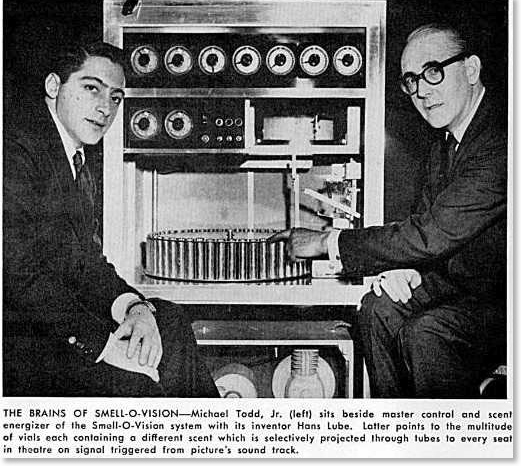Experimente Erfahren
Experimente Erfahren : (the making of)
Kuratiert von Eric Ellingsen & dem Institut für Raumexperimente
“Experiments are elaborate filters set up in the space of phenomena.”
– Peter Galison, How Experiments End
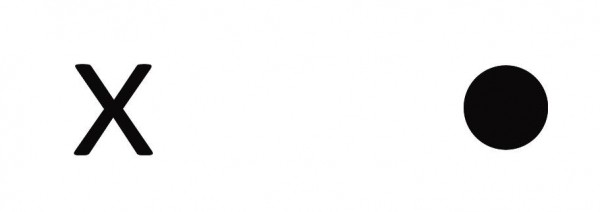
1) cover your left eye. (2) stare at the X. (3) move your head closer to the X until you see the spot disappear.
Experimente werden immer erfahren. Etwas passiert. Vielleicht reagieren a+b und erzeugen Helligkeit? Vielleicht gilt: 2 + 2 = kalt. Ideen folgen Gefühlen. Wir sind mit Zeit und Raum verwoben. Unsere Wahrnehmung der Welt mäandert getrieben durch unsere Neugier, stolpert über unseren Intellekt und konzentriert unsere Aufmerksamkeit in Faszination, Verwunderung und Fragen. Warum ist dies passiert, und nicht etwas anderes? Wie können wir dies wieder geschehen lassen, oder nicht geschehen lassen, anders, oder genauso? Wie können diese Dinge die Kunst, die ich mache, präzise und kritisch beeinflussen? Wir fangen an zu experimentieren. Wie? Experimentieren ist ein Prozess, und dieser Prozess besteht nie aus sauberen Tanzschritten zwischen Machen und Denken. Wie soll man also weiter verfahren?
Isaac Newton sticht eine lange Schuhmachernadel, einen bodkin, hinter seinen Augapfel, um Druck auf seine Linse auszuüben und sie zu verschieben, um buchstäblich zu sehen, wie wir Farben sehen. Aber er glaubt auch an das Absolute (absolute Zeit und absoluten Raum) und die alchemistische Ausrichtung von sieben Farben. Inwieweit beeinflusst, was er sehen will, wie er sieht und seine Fähigkeit, zu sehen was geschieht?
Experimente Erfahren fragt, indem es unsere einfachen Fragen ausführt: Was sind Experimente, wie werden sie gemacht, wie werden sie erfahren, und inwiefern könnten experimentelle Methoden in der Produktion von Kunst wichtig sein?
Um solche Fragen zu aktivieren, werden wir das Semester um unsere Sinne herum organisieren: Sehen, Hören, Riechen, Fühlen, Schmecken, Bewegen. Wir behandeln den Körper als ein wissenschaftliches Instrument, wie Goethe sagt. Im wöchentlichen Wechsel werden jedem Sinn „Vorträge“, „Unterhaltungen“ und „Präsentationen“ gewidmet. Wir werden uns einmal pro Woche treffen, gewöhnlich (aber nicht immer) mittwochs von 11.00-13:30 Uhr. Der gesamte Kurs wird sich einen kurvenreichen Verlauf durch eine Geschichte der Naturdarstellung, Wissenschaft, Kunst, des Schreibens und der Wahrnehmung bahnen. Jedes Treffen wird einem Areal gleichen, das viele durchlässige Grenzen zu anderen benachbarten Workshops und mit den Inhalten des Instituts für Raumexperimente aufweist. Kritikalität und Wahrnehmung werden den gesamten Kurs untermauern. Wir werden viele Übungsexperimente durchführen und ein Publikation produzieren. Dieser Kurs verlangt einen gewissen Zeitaufwand, der sich aber lohnt.
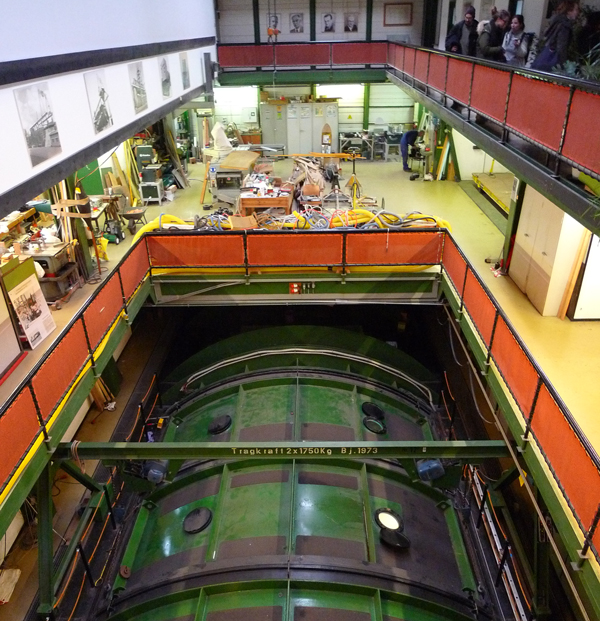
Models Are Real
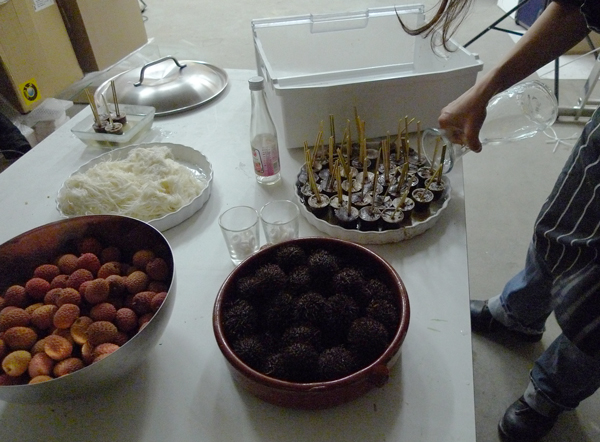
Experience Experiments: Abendessen im Dunkeln
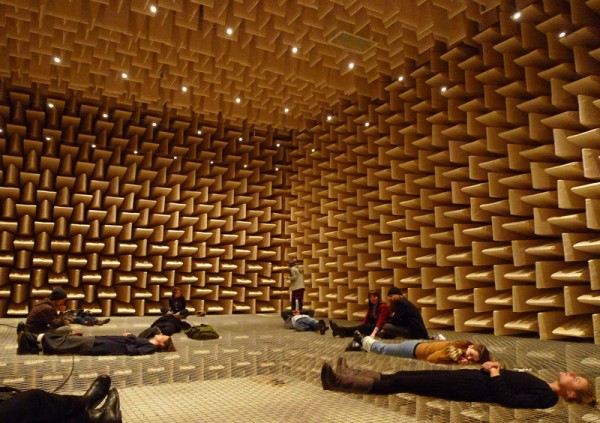
Experience Experiments: Akustische Räume
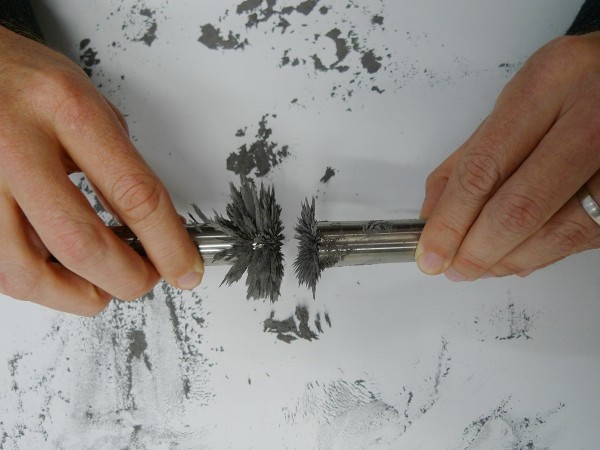
Making Experiments Experience

Intuition, Jumping Around, and Other Methods
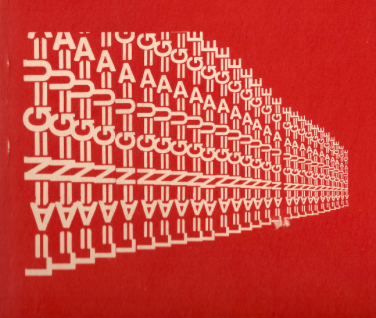
Poetry Experiments & The Artist’s Book
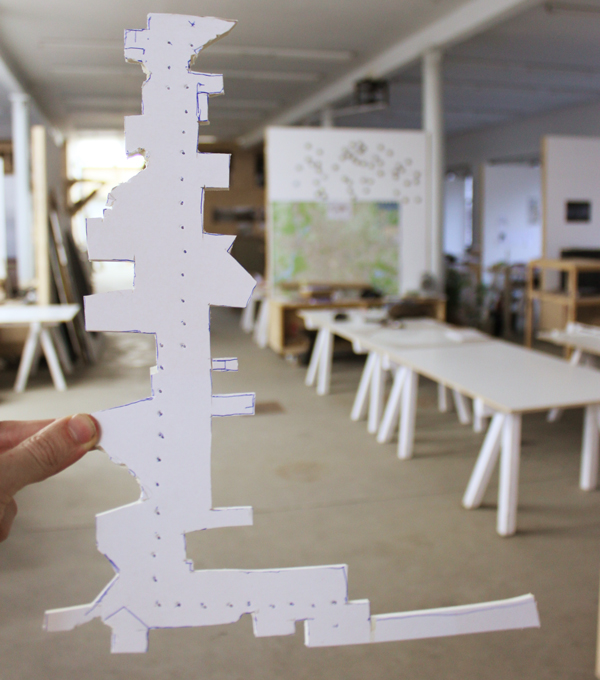
Feeling Your Way
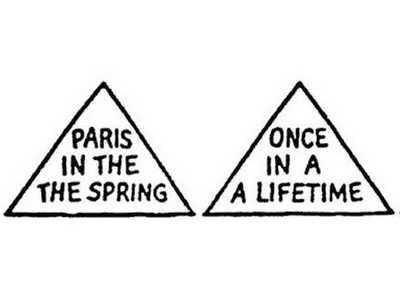
Your Sense of Timing
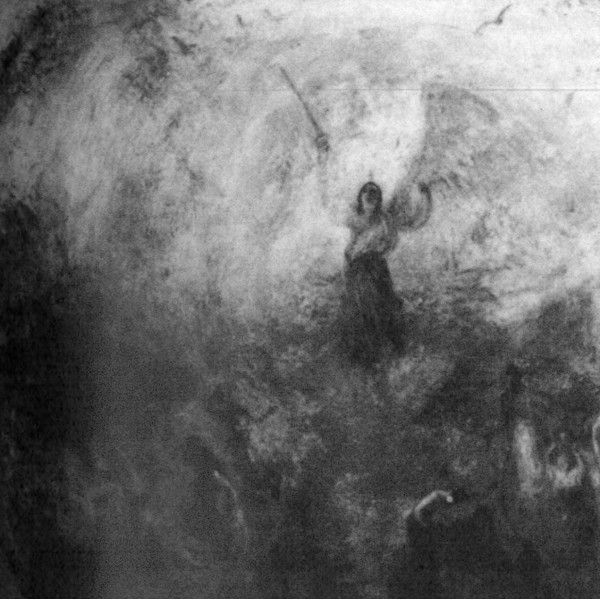
Seeing Things
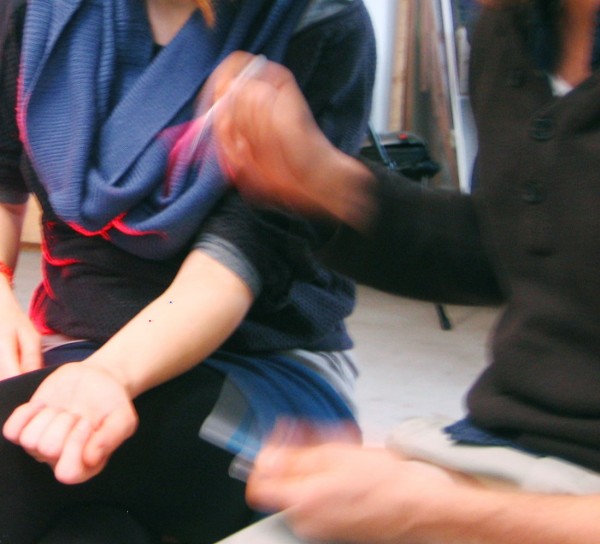
Feeling Emotional, How Touching

Seeing Things Double Again
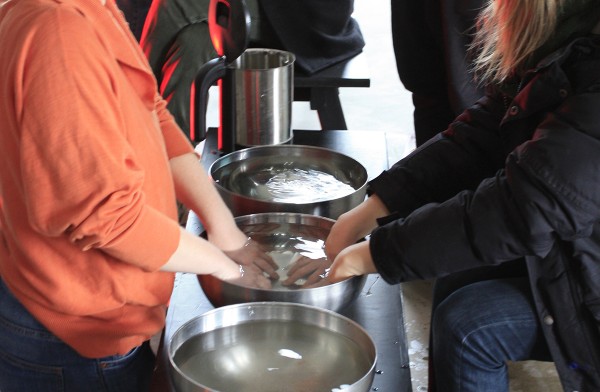
Sensible Movements
